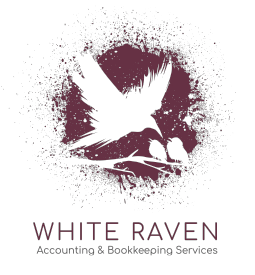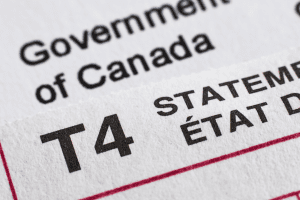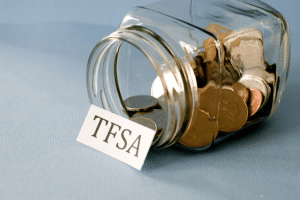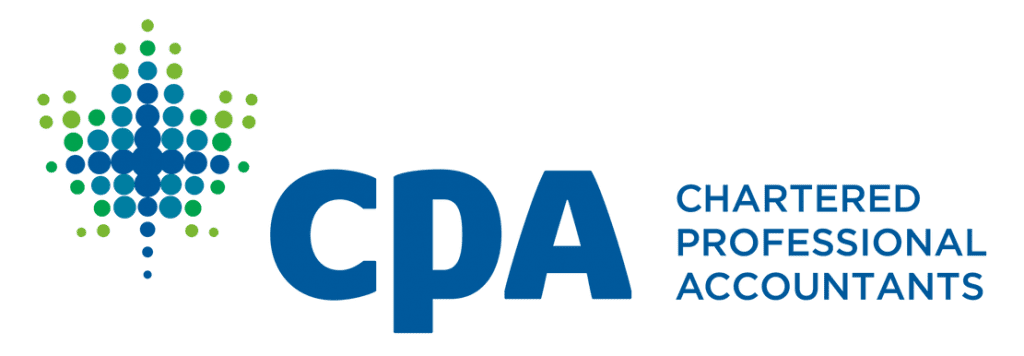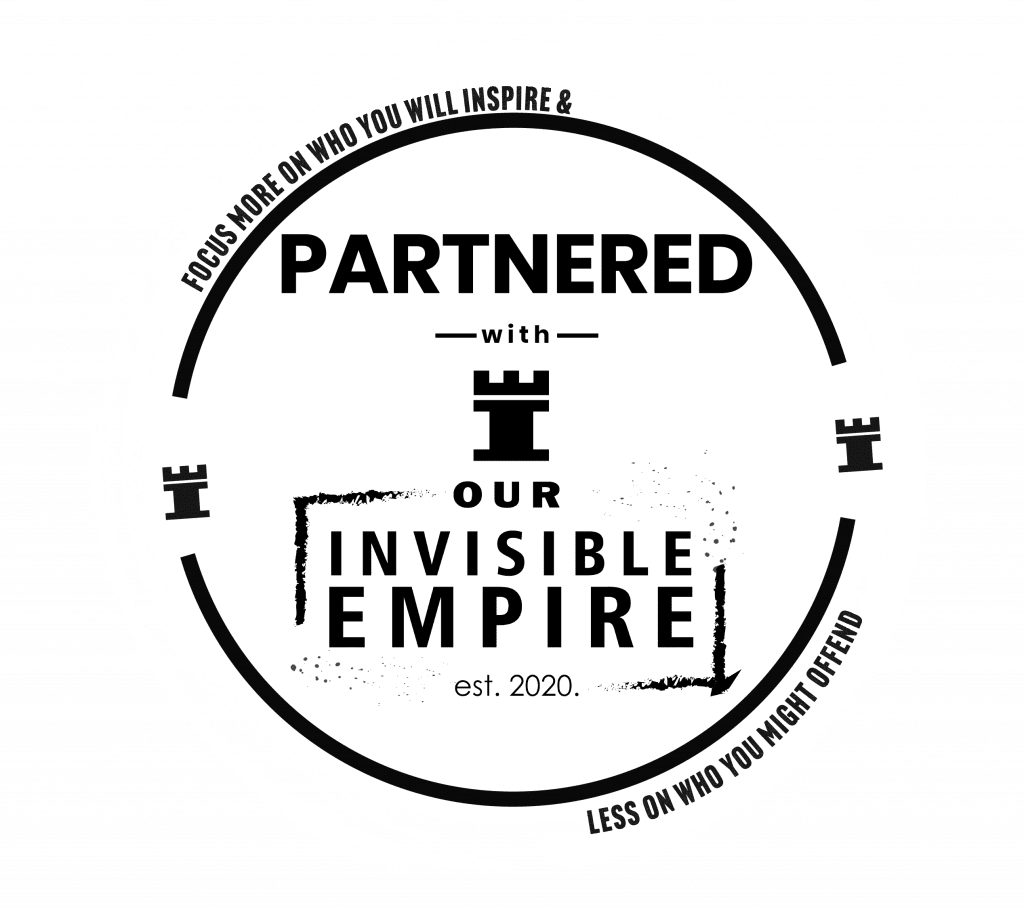Are you dreaming of owning your first home in Canada? The rising costs of homeownership can be intimidating, but there’s a glimmer of hope in the form of the First Home Savings Account (FHSA). If you’re in the age group of 20-40 and looking to break into the real estate market, this blog is for you. We’ll break down what the FHSA is, its rules, and whether it’s worth your consideration.
What Is The First Home Savings Account (FHSA)?
The FHSA is your secret weapon to jumpstart your journey to homeownership. It’s a registered savings plan designed to help first-time homebuyers save up to $40,000 ($8,000 per year) toward their first home purchase and the best part? It’s tax-free! Similar to an RRSP, contributions made to an FHSA are tax-deductible on your income tax return, reducing your tax burden and boosting your savings.
Here’s why it’s a game-changer:
- Tax benefits: You can save tax-free and even get tax deductions when you contribute.
- Flexibility: You can withdraw the funds tax-free when you’re ready to buy your first home.
- Unused funds: Any money you don’t use can be transferred to an RRSP or a Registered Retirement Income Fund (RRIF), so nothing goes to waste.
Who Is Eligible for an FHSA?
Before you rush to open an FHSA, it’s crucial to understand the eligibility criteria:
- You must be a resident Canadian.
- You need to be at least 18 years old.
- You can’t have owned real property (like a condo or a single-family unit) within the last four years, neither solely nor jointly with a spouse or common-law partner.
- Your spouse or common-law partner must not own your current primary residence (where you currently live and reside).
These requirements are essential to make the most of the FHSA’s benefits.
How to Open and Manage Your FHSA
Opening an FHSA is straightforward:
- Contact an issuer, such as a bank, trust company, credit union, or insurance company.
- While major banks might not offer FHSA accounts yet, some financial institutions, like Questrade, provide this option.
Types of FHSAs:
- Depository accounts: These hold cash, GICs, or term deposits.
- Insured FHSAs: Annuity contracts made with a licensed provider.
- Trusted FHSAs: Trust accounts that hold qualified investments like cash, GICs, bonds, and mutual funds.
- Self-directed FHSAs: Savvy investors can open these through an issuer of their choice.
Deciding when to close your FHSA is crucial to avoid unintended tax consequences. The Canada Revenue Agency (CRA) recommends closing your account by the year’s end when it reaches its 15th anniversary when you turn 71, or after making a qualifying withdrawal for a first-home purchase.
Contributions and Deadlines
For 2023, the FHSA contributions are subject to specific deadlines:
- FHSAs can only be opened as of April 1, 2023.
- If you opened an FHSA in 2023, you may be able to deduct contributions made between April 1, 2023, and December 31, 2023, on your 2023 income tax and benefit return.
- Unlike contributions to an RRSP, there is no minimum number of days that contributions need to stay in your FHSA before you can deduct them on your tax return.
- Contributions made in the first 60 days of the year cannot be deducted on your tax return for the previous year.
- For more information on personal tax deadlines for 2024 and how to save money, be sure to check our blog about personal tax deadlines in 2024
Withdrawals From Your FHSA
FHSA shines when it comes to tax-free withdrawals:
- Qualifying Withdrawals: You can withdraw assets tax-free when you have a written agreement to buy or build a home and meet certain conditions.
- Taxable Withdrawals: Any non-qualifying or designated withdrawals are considered taxable income.
- Designated Withdrawals: Excess contributions made during the year can be removed as designated withdrawals, not considered income.
Is It Worth It?
So, is an FHSA worth it for you? The answer depends on your financial goals, homeownership plans, and personal circumstances. Here are some key points to consider:
Pros:
- Tax benefits: The FHSA offers tax deductions and tax-free withdrawals, giving you a financial edge.
- Savings boost: It’s an excellent way to save for your first home and get a head start on homeownership.
Cons:
- Eligibility: Ensure you meet the strict criteria to open an FHSA.
- Locking funds: Your money is primarily for your first home, so if you need funds for other purposes, this may not be the best choice.
Before making a decision, evaluate your financial goals, other savings options, and your plans for homeownership. The FHSA can be a powerful tool, but it’s not the only option. You may also want to explore other Canadian homebuyer incentives like the Home Buyer’s Plan (HBP) and the First-Time Home Buyer Incentive.
Conclusion
The First Home Savings Account is a promising opportunity for first-time homebuyers in Canada. While it’s not the right choice for everyone, it can provide substantial tax benefits and help you achieve your homeownership dreams. As you weigh the pros and cons, consider seeking advice from a financial advisor to make an informed decision that suits your unique situation.
Remember, the path to homeownership is within reach, and the FHSA is here to help you get started.
